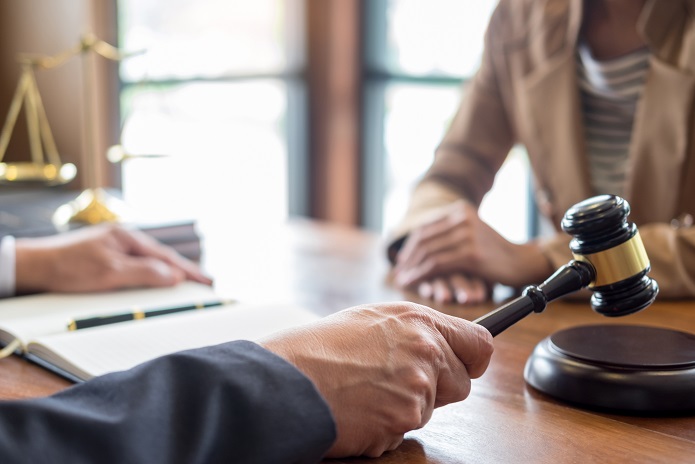The bankruptcy trustee is a third party appointed by the court to act as the conduit between the debtor and creditors. He/she will transfer all payments between the debtor and creditors. The trustee will also serve as a mediator between the two. The debtor may choose to work with this trustee or not.
Chapter 7 bankruptcy
Before filing for bankruptcy, it’s important to know your rights as a debtor. This way, you can protect yourself from the creditors that are harassing you. You may be able to negotiate a lower debt amount with these creditors. You should also contact a nonprofit credit counseling agency. This will allow you to explore different options, such as lawsuits against creditors who are harassing you.
You may be able to discharge some of your debts in a Chapter 7 bankruptcy. These debts include credit card bills, medical bills, and past-due utility bills. However, if you owe more than this, your creditors may object to your discharge. It can also affect your ability to keep your home or car.
While Chapter 7 bankruptcy allows you to eliminate most of your unsecured debt, you must meet certain requirements in order to file. First, you must be making less than the median income for New York. If your income is higher than the median, you must meet a means test, which requires you to prove that you are incapable of paying your monthly expenses.
The next step in filing a Chapter 7 bankruptcy is determining how much money you can afford. The Bankruptcy Code allows you to keep some of your “exempt” property. However, your property may be subject to mortgages or liens. In such a case, your bankruptcy trustee will liquidate the remainder of your assets, making them available to creditors.
Chapter 13 bankruptcy
If you are considering filing for Chapter 13 bankruptcy, you should know what your eligibility requirements are. In order to qualify, you need to have income that exceeds your living expenses. In addition, you need to be able to repay your creditors. This repayment may be the full amount of your debts or just a small percentage of them.
The debtor must submit a Chapter 13 repayment plan, which outlines how they will use their income to pay off their unsecured debts. The plan must meet the requirements of the government’s Best Interests Test and the Disposable Income Test. Unsecured creditors are typically repaid with a small percentage of the Chapter 13 plan proceeds.
Filing for Chapter 13 bankruptcy is a way to keep your property, but pay your creditors without interest. This type of bankruptcy is outlined by a written repayment plan, which specifies how much money is needed to pay back each month and how long the payments will take. Typically, the repayment schedule will begin 30 to 45 days after you file for bankruptcy. You will then have to make monthly payments to the bankruptcy trustee, who will disburse the money according to the plan.
Chapter 13 bankruptcies are a great option for debtors who have fallen behind on their secured loan payments. The repayment plan will allow them to catch up on payments over a long period of time. Debtors who own valuable non-exempt property may also choose this option.
Trade Lines for Sale at Personal Tradelines Chapter 11 bankruptcy
If you are a business owner and are looking to Trade Lines for Sale at Personal Tradelines file for Chapter 11 bankruptcy, you should have an experienced bankruptcy lawyer on your side. This type of bankruptcy can help you keep your assets while still making payments to creditors. It also prevents creditors from pursuing collection actions against you, such as seizing your assets or cutting off your services. The bankruptcy lawyer can help you determine if Chapter 11 is the best option for your business.
The Chapter 11 bankruptcy process is used by businesses when they are struggling and need a new strategy to turn things around. Unlike Chapter 7, it allows a business to continue operating, regroup, and reimagine its strategy to turn the business around. Whether a business is profitable or not, a Chapter 11 case can help it get back on its feet. Most bankruptcy cases will stop collection efforts, or “automatic stays,” which prevent most creditors from pursuing you.
When a business files for Chapter 11 bankruptcy, it may need to find financing for operations. If the business does not have the funds to pay its creditors, it can turn to debtor-in-possession financing to keep operating and repay its creditors. However, it must adhere to many administrative requirements, including monthly operating reports, attending creditor meetings, and attending court status conferences. It must also file motions when it needs to engage in actions outside its normal course of business.
